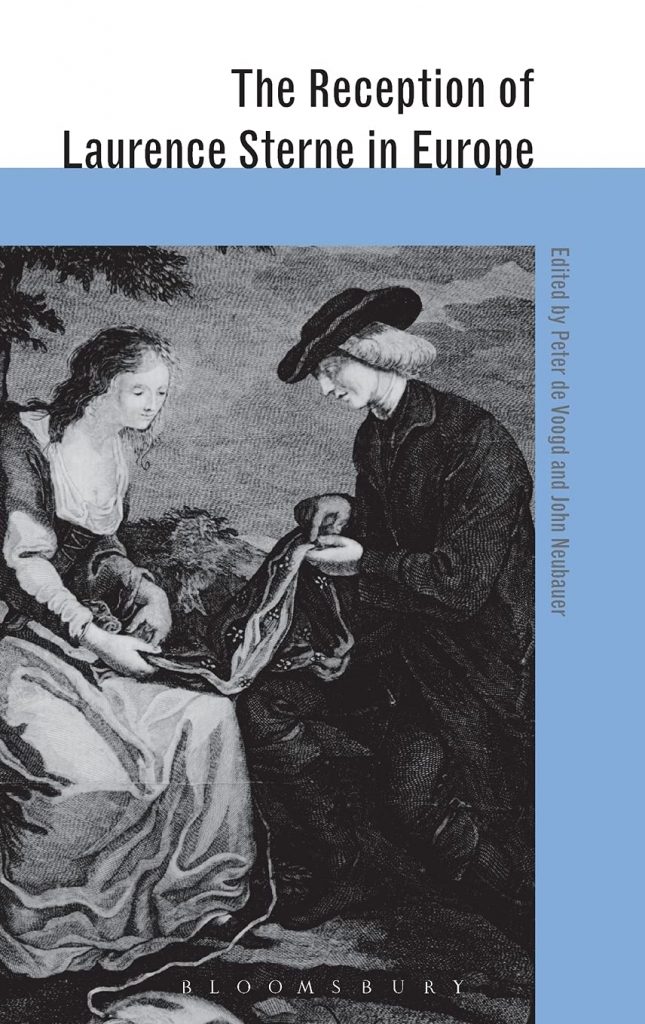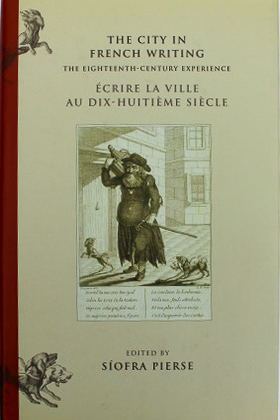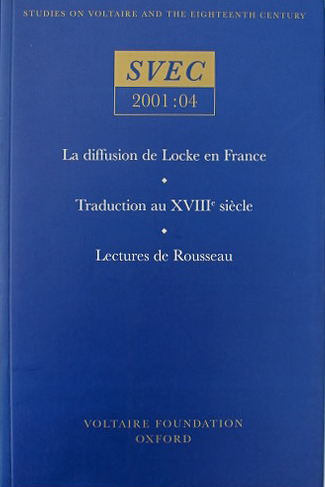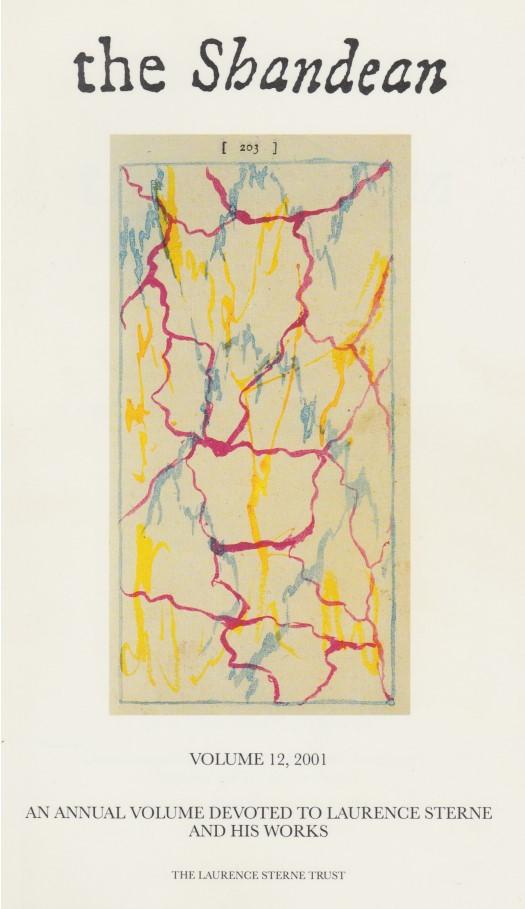Lana Asfour is the author of Laurence Sterne in France (2008), which was well reviewed by the Times Literary Supplement and other journals.
Laurence Sterne in France

The early reception of Laurence Sterne in France was vocal and controversial, reflecting the literary and social upheaval of the period. This monograph is the first recent full-length study of the topic, and offers original readings of Sterne and his French interpreters, such as Voltaire, Diderot, Suard, and Julie de Lespinasse, placing them within the context of eighteenth-century French culture, its critical debates and Anglo-French literary relations. Drawing on contemporary reception theory, Lana Asfour analyzes the criticism, translations and imitations of “Tristram Shandy” and “A Sentimental Journey from 1760 to 1800”, and stresses key moments at which both texts were read against the expectations of audiences familiar with comic, satiric, picaresque and sentimental traditions. She also explores the role of literary celebrity, theories of translation, and ideas of originality and imagination. Recent criticism has debated whether Sterne’s work should be considered in relation to older, comic-satiric forms of writing or within the context of the genre of the novel. This study shows that such a divide was already present in early French responses and yet, in presenting their diversity and complexity, it suggests that the dichotomy is reductive, and that Sterne’s reception history in France can contribute to modern readings of his work.

Reviews of Laurence Sterne in France:
A… nuanced account of the reception and influence of Sterne in France from 1760 to 1800 emerges from Lana Asfour’s carefully researched and lucidly written Laurence Sterne in France.
Times Literary Supplement, 16 Jan. 2009, p. 22.
An essential source for the French reception of Sterne and translation studies, exhaustively researched and well-written… this will be the definitive treatment of the subject for years to come
Peter de Voogd, editor of The Shandean
The author should be congratulated. So far, Laurence Sterne in France is the most accomplished monograph on the afterlife of Sterne’s fiction.
Modern Language Review 103, No. 4 (1 Oct. 2008), pp. 1092-3.
During her Continental journey, Asfour expertly guides the reader and clearly explains French literary tradition, as well as the critical terms employed by French critics, before an in-depth investigation of Sterne’s reception. In this well-structured account, there is a full and lucid explanation of an intellectual milieu which may be unfamiliar to a Sterne specialist.
Her account would appeal to a wide range of readers including researchers interested in Sterne’s novels, eighteenth-century fiction, the art of translation, or French literary culture.
Asfour a le grand mérite de mobiliser des contextes à chaque fois pertinents, non seulement pour expliquer les ‘erreurs’ ou les ‘différences’ entre l’appréciation continentale de Sterne et la manière dont il est compris dans sa propre culture, mais aussi pour montrer l’aspect véritablement productif de ces erreurs et de ces différences par rapport à notre propre compréhension de l’histoire littéraire française.
French Studies 64, No. 1 (Jan. 2010), pp. 87-8.
La grande qualité du livre réside dans son érudition, qui est toujours déployé à bon escient par Asfour.
Movements of Sensibility and Sentiment: Sterne in Eighteenth-Century France

In The Reception of Laurence Sterne in Europe, edited by Peter de Voogd and John Neubauer (London and New York: Continuum, 2004)
The intellectual scope and cultural impact of British writers in Europe cannot be assessed without reference to their ‘European’ fortunes. This collection of 14 essays, prepared by an international team of scholars, critics and translators, records how Sterne’s work has been received, translated and imitated in most European countries with great success. Among the topics discussed in this volume are questions arising from the serial nature of much of Sterne’s writings and the various ways in which translators across Europe coped with the specific problems that the witty and ingenious Sternean text poses.
Representing Morals: The Palais Royal, Capital of Vice

In The City in French Writing, edited by Siofra Pierse (Dublin: University College Dublin Press, 2004)
Theories of Translation and the English Novel in Eighteenth-Century France

In Studies on Voltaire and the Eighteenth Century (Oxford: Voltaire Foundation, 2001).
Sterne’s First Female Reader in France: Julie de Lespinasse

